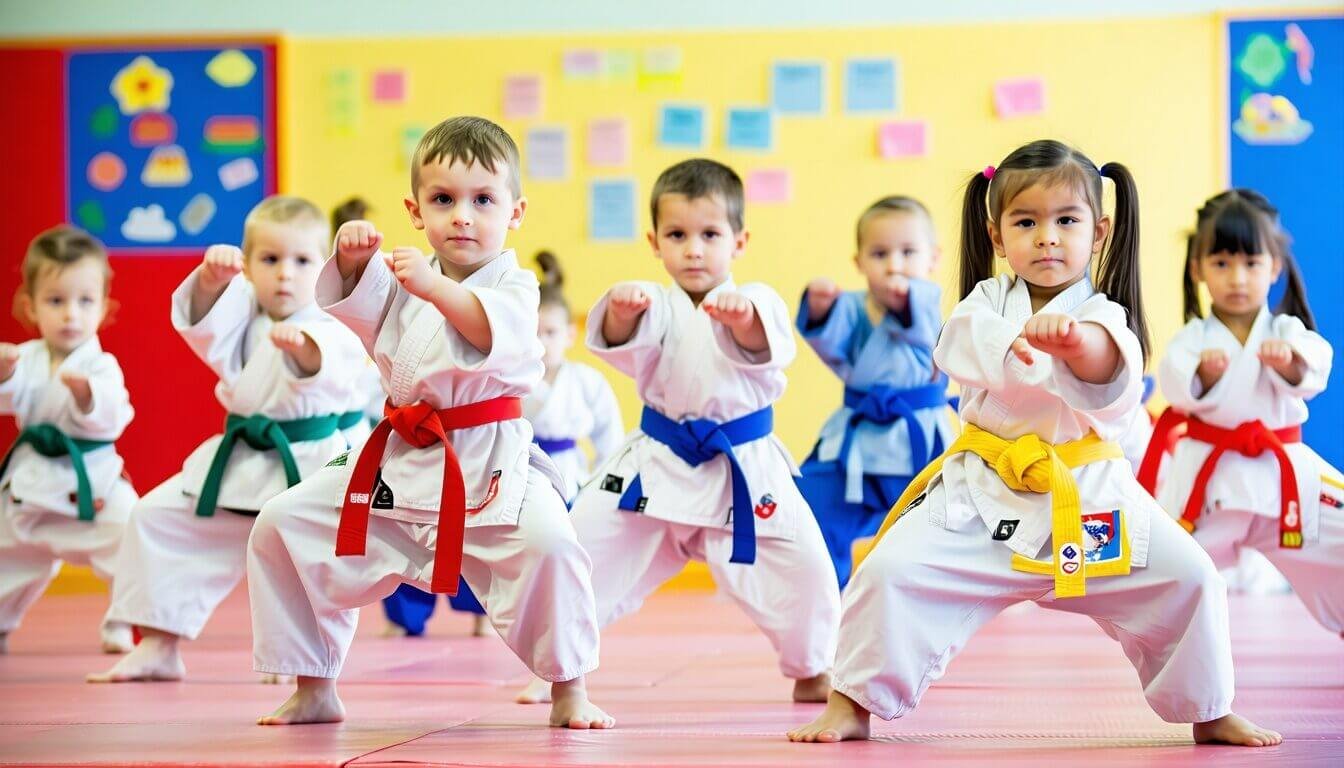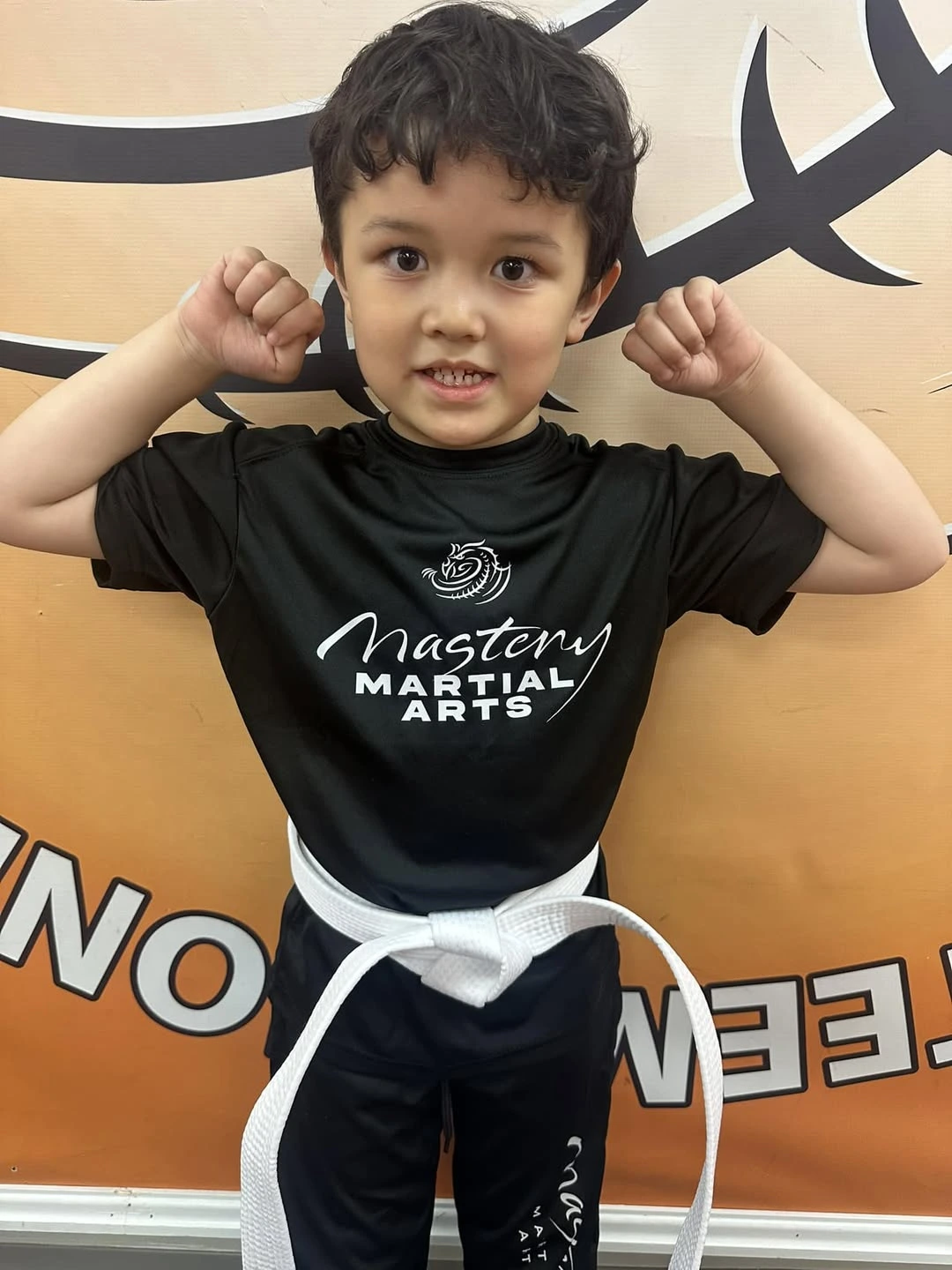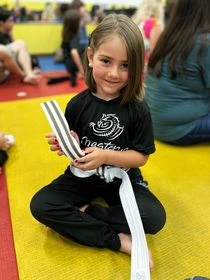If you want to help your child feel prepared and excited for the new school year, consider exploring martial arts techniques for school readiness early. These classes blend strategic movement with mindset training so children can develop the focus, resilience, and confidence they need in the classroom. Good news, this approach is simpler than you might expect.
Explore Key Martial Arts Benefits
Martial arts programs emphasize discipline, self-control, and steady personal growth. In one review of 16 studies involving 1615 children, researchers noted significant improvements in physical fitness, coordination, and even social skills. These gains can translate directly into better attention and academic performance.
- Incremental Goals: Belt systems break large tasks, like mastering a new technique, into smaller steps. With each belt earned, your child gets a tangible reminder that persistence pays off.
- Physical Activity: Kicks, punches, stance work, and repetitive drills boost endurance. This is important for kids’ overall health, which supports more energetic school participation.
- Cognitive Focus: Martial arts training demands concentration on each movement. Children learn to stay in the moment, improving their attention span for homework or classroom tasks.
If you have a younger child, you might also explore martial arts for toddlers. Toddler-friendly sessions focus on body awareness and balance through fun activities.
Strengthen Your Child’s Focus
Many martial arts sessions for young learners include repetitive drills and mindfulness exercises that sharpen mental clarity. By slowing down—even for a few minutes—to practice breathing techniques, kids learn to approach challenges methodically. According to a review paper cited in the research, drills that focus on precise movements can enhance focus, balance, and patience simultaneously.
- Concentration and Goal-Setting: In martial arts, children are taught to think about the present moment, direct energy carefully, and set realistic goals.
- Self-Discipline: Simple guidelines, like bowing respectfully or waiting for the instructor’s signal, teach patience and the value of following instructions.
- Time Management Skills: Because martial arts emphasizes structure, children become accustomed to consistent practice schedules, which supports better organization at home and school.
If your child is closer to preschool age, you may find more age-targeted programs under martial arts for preschoolers. Activities often involve playful drills and group exercises that strengthen listening skills and cooperation.
Build Lasting Confidence
Confidence is a common challenge for many kids transitioning into new classrooms or higher grade levels. Martial arts training helps create a supportive environment where every accomplishment matters. When children master a tricky technique or earn a new belt, they see firsthand how effort leads to success. Over time, this sense of achievement fosters inner belief.
- Resilience Through Repetition: By tackling the same movement until it feels natural, kids learn to persist through mistakes. This persistence helps them push through difficult math problems or reading exercises.
- Peer Interaction: Sparring practice or team-based drills build camaraderie. Kids learn to respect differences in skill level and share victories, which extends well beyond the dojo.
- Conflict Resolution: Many forms of martial arts teach children to remain calm during disagreements. This skill can reduce stress and tension in social settings.
If you’d like additional activities that strengthen self-belief, consider exploring martial arts activities for building confidence. These can be adapted for home practice on weekends.
Harness Martial Arts For Social Skills
School readiness goes beyond academics. It also includes navigating friendships, working in groups, and handling tough conversations. Martial arts uses structured drills, partner work, and team-based goals to expand social awareness.
- Teamwork Drills: Some programs—especially judo or taekwondo—feature team competitions where everyone aims for a shared goal. This sense of unity fosters deeper connections.
- Leadership Roles: As kids progress through the ranks, they often mentor newer students. Acting as a guide boosts self-esteem and teaches accountability.
- Respectful Communication: Martial arts training highlights politeness, clear speaking, and attentive listening. These habits help children form good relationships with teachers and classmates.
Consider how child development through martial arts illuminates these social and behavioral benefits more deeply. You’ll find examples of how discipline on the mat translates to healthy interactions in everyday life.
Where To Begin
If you are looking for a welcoming place to start, Mastery Martial Arts – Troy can help you take the first step in this journey. They offer a free VIP 1-on-1 Introductory Lesson for children, giving you an opportunity to see firsthand how martial arts can accelerate your child’s school readiness. During this session, instructors often evaluate your child’s comfort level, walk them through foundational moves, and give them a small taste of dojo life.
By beginning now, you’re setting up your child for success in more than just physical fitness. You’re providing lessons in focus, confidence, self-discipline, and social ease—traits that directly enhance classroom performance. So choose a class, show up, and celebrate your child’s milestones along the way.
You’ve got this, and the research strongly supports the positive impact of martial arts techniques for school readiness. With steady practice, your child can head into the new academic year feeling excited, prepared, and proud of their capabilities.





0 Comments